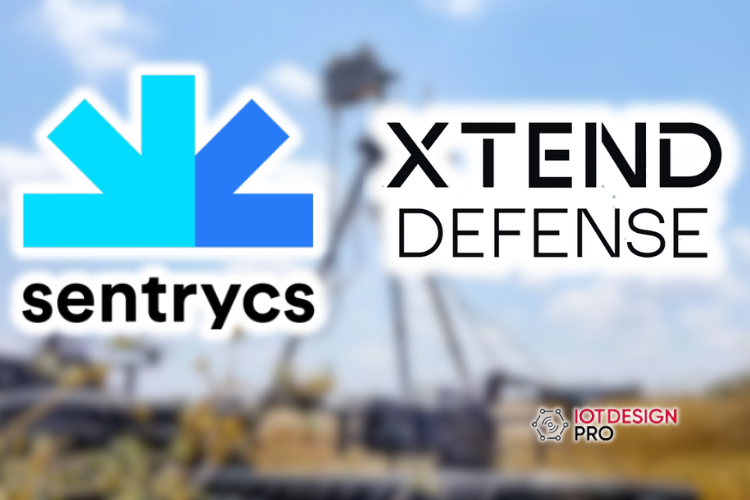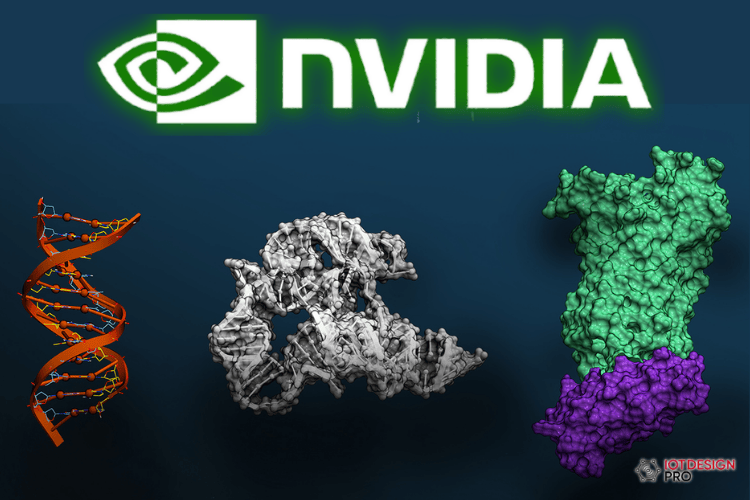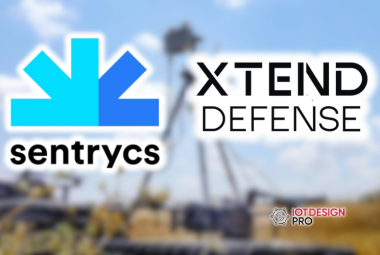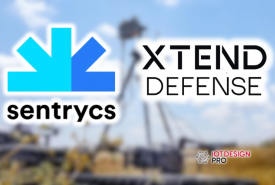NVIDIA BioNeMo unveiled Evo 2, a massive foundation model for biomolecular sciences. Built on NVIDIA DGX Cloud using Amazon Web Services, Evo 2 offers deep insights into DNA, RNA and proteins from diverse species. Developed in collaboration with Arc Institute and Stanford University, the model is the largest publicly available AI resource for genomic data. It is accessible to developers worldwide through the NVIDIA BioNeMo platform and as an NVIDIA NIM microservice for deployment.
Trained on an enormous dataset of nearly nine trillion nucleotides, Evo 2 accurately decrypts the genetic code across all domains of life. The model processes extensive genetic sequences, accommodating up to one million tokens at a time. This capability allows researchers to analyze connections within complex biological systems. Evo 2’s innovative architecture supports diverse applications ranging from predicting protein structures to understanding gene mutations and their functional impacts. It empowers scientific discovery with strong accuracy.
In healthcare and drug discovery, Evo 2 aids in identifying gene variants linked to diseases such as breast cancer. In tests involving the BRCA1 gene, the model predicted mutation effects with ninety percent accuracy. Researchers can utilize these insights to design novel molecules and plan treatments effectively. The model also offers promise in agricultural biotechnology by enhancing understanding of plant genetics and supporting the development of climate-resilient, nutrient-rich crops.
Supported by NVIDIA’s advanced technology, Evo 2 was accelerated with two thousand H100 GPUs provided via DGX Cloud on AWS. Collaborative efforts between NVIDIA, Arc Institute and leading universities have optimized AI scaling and performance. The open-source NVIDIA BioNeMo Framework allows developers to fine-tune the model with proprietary datasets. This milestone reinforces the growing role of artificial intelligence in advancing biomolecular sciences and addressing global challenges in healthcare and agriculture.

















